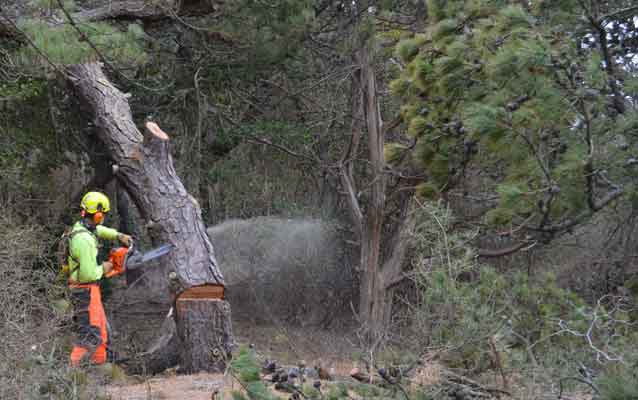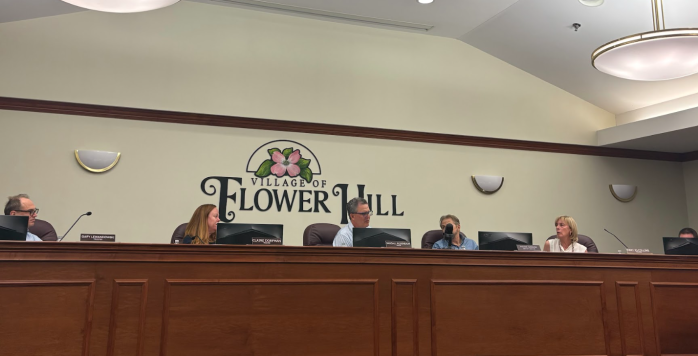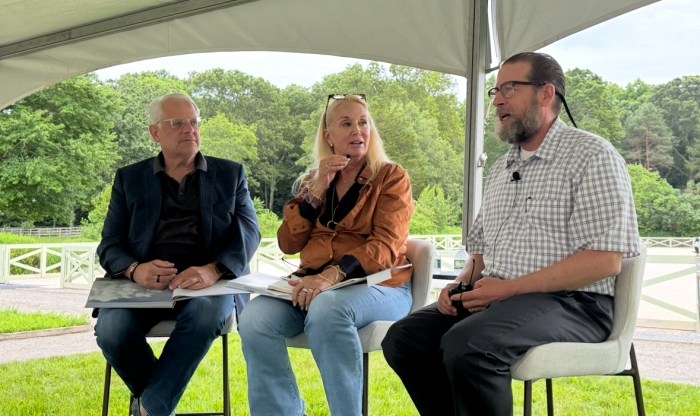New York State committed $3 million to fighting the spread of the southern pine beetle on Long Island, where it killed thousands of pine trees over the past three years, officials said.
The money will be used for increasing controlled burns and other state Department of Environmental Conservation (DEC) efforts to remove trees infested with the invasive species in the Central Pine Barrens, a 100,000-acre protected forest on eastern LI.
“Long Island’s precious natural resources are threatened by invasive species such as the southern pine beetle, and we must do everything we can to protect our forests and communities from these environmental devastations,” Gov. Andrew Cuomo said.
As the name suggests, southern pine beetles are indigenous to the southeastern United States, where an infestation spanning five states caused an estimated more than $1 billion in economic losses between 1998 and 2002, according to the U.S. Forrest Service.
The 2-to-4 millimeter black beetles were first discovered on LI in October 2014. They are believed to have arrived from New Jersey as they expand their range to the northeast amid warmer winters, according to the DEC. The beetles burrow under the bark, interrupting the flow of nutrients, killing trees in 2-to-4 months.
The infestation has been found in about 1,000 acres of the LI pine barrens, including Wertheim National Wildlife Refuge in Shirley, Connetquot River State Park in Oakdale, Hubbard County Park in Hampton Bays and in East Quogue. The pine barrens were preserved two decades ago to protect LI’s subterranean aquifers, the region’s sole source of drinking water, from development-related pollution.
The anti-beetle money, which comes from the state Environmental Protection Fund, will also be used bring in DEC crews to inventory the health of the pitch pines and determine which areas require thinning of overcrowded pitch pines to slow the spread of the beetle. A second round of anti-southern pine beetle grants is slated to be released this summer.
The state pine barrens commission is also organizing volunteer efforts to help replant pine trees that are removed amid the war on the beetles. More than 12,500 infested and buffer trees were cut down to slow the spread of the beetle and nearly 900 pine trees have been replanted to date, with additional plantings planned.
“More funding and experience are coming together to create a more promising plan for managing these insects,” said Richard Amper, executive director of the Long Island Pine Barrens Society. “That’s good news.”


































